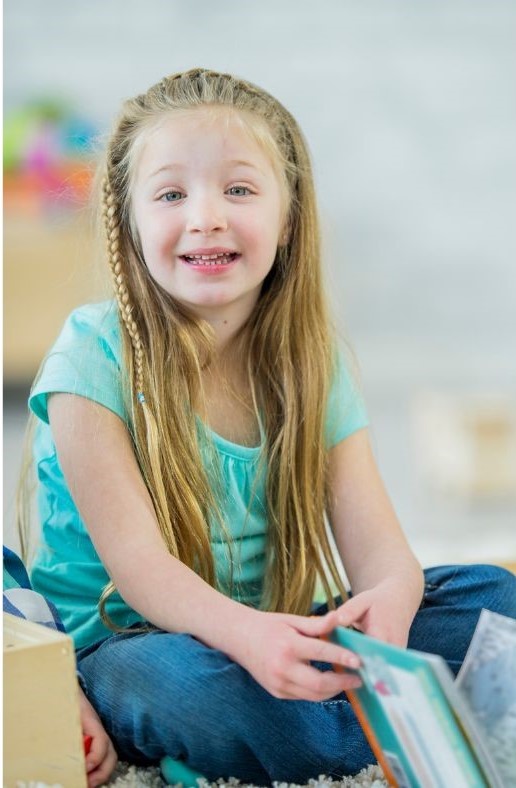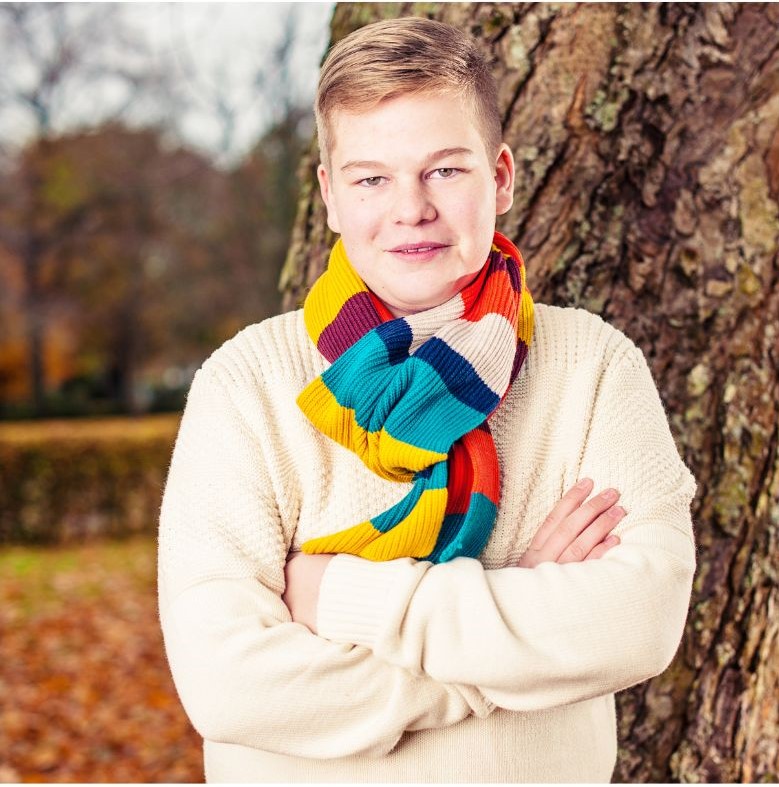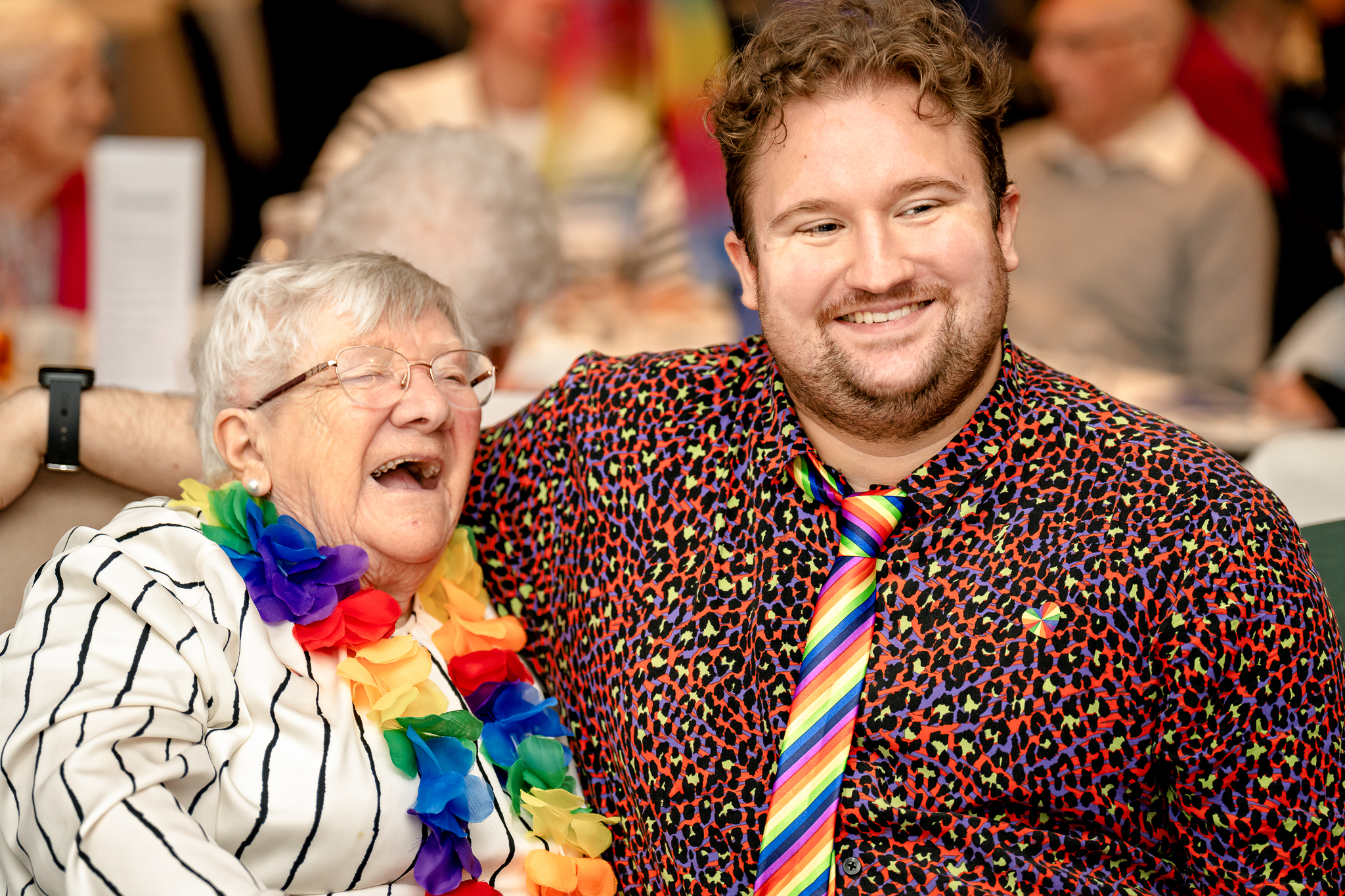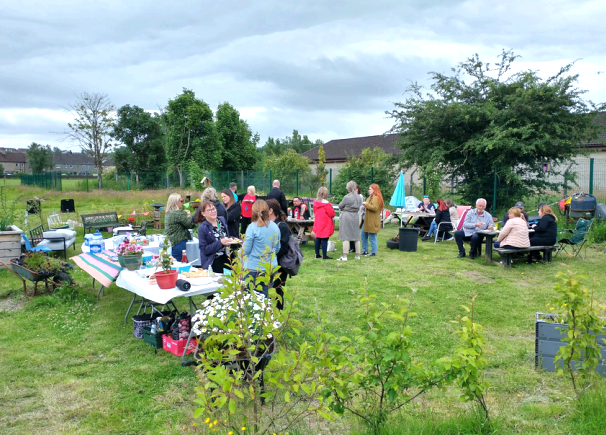
CELCIS provides update on Bright Spots programme
In January 2022, the CELCIS Bright Spots survey programme was launched to identify what was important to care experienced children and young people in Scotland.
Ten months on, CELCIS has provided a video update on the programme, with input from Aberdeenshire and East Ayrshire councils.

CELCIS Data Lead, Micky Anderson, outlined the programme’s two main components:
“The first part is subjective wellbeing surveys of children and young people in care and care leavers, to understand how they feel about their lives. The second is action planning and change in response to what our children and young people tell us, putting their wellbeing, feelings and experiences at the heart of what we do.
The surveys were co-developed with care experienced children and young people and were specifically developed for those with experience of care.”
Andrew Dick, Social Work Manager for Corporate Parenting at Aberdeenshire Council, described some of the positive outcomes of the programme, particularly that it had made care experienced young people feel valued and listened to:
“The surveys have allowed us to show our children and young people that we’re really interested in what they have to say. They know we’re listening to what’s important to them and want to make things better for them.
We were delighted with the response rates we received for the surveys. For our looked after children we managed to engage with 68% of our young people, which far exceeded our expectations.
We have work to do in terms of showing our young people that we’re going to do something with the information they’ve given us, which is the focus of our energies going forward.”

Grace Fletcher, Service Manager for Family Support and Young People at East Ayrshire Council, also detailed the positives of the programme and that it had highlighted key areas where change is needed:

“A positive was that people were beginning to look at their own role in children’s wellbeing and realising that sometimes their interaction with children, families and young people was quite narrow.
We need to think more widely and take the time to ask how children and young people are feeling and what their frame of mind is like.
A lot of young people have said they don’t like being out in the company of social workers when they have their lanyards and badges on. Workers need to have these with them but shouldn’t wear them when they’re out with looked after children and young people.”
Grace explained that young people must also be consulted on how they wish to describe the relationship between themselves and a social worker to their friends and peers.
Watch the full video update to find out more about the Bright Spots programme.


